ARTICLES > THRIVE
WHY EXERCISE AND BONE HEALTH MATTERS MORE
Exercise for bone health is important for all of us, but if you have coeliac disease, the risk of osteoporosis is greater. Here's what you can do.
By Melita Daru
MAINTAINING GOOD BONE HEALTH
Keeping your bone health in check isn’t just a consideration for your later years: it’s crucial for all of us throughout our lives. However, coeliac disease shares a connection that many are unaware of: this autoimmune condition is associated with an increased risk of osteoporosis.
WHAT IS OSTEOPOROSIS?
Osteoporosis is a condition in which the bones become fragile and brittle, leading to a higher risk of fracture than in normal bone. This occurs when bones lose minerals, such as calcium, leading to a loss of bone density. There are no obvious symptoms of osteoporosis until a fracture occurs. Consequently, a person will not know that they have osteoporosis unless it is diagnosed by clinical tests or if they have an osteoporotic fracture.
HOW IS COELIAC DISEASE RELATED TO BONE HEALTH?
Osteoporosis can be caused by the chronic inflammatory process in untreated coeliac disease that impairs how well the body can lay down new bone. Also, untreated coeliac disease can affect how the body absorbs vitamins, minerals and other nutrients from food. In terms of bone health, this is specifically an issue when it comes to calcium absorption and vitamin D levels, both of which may be lower in people with untreated coeliac disease.
Calcium gives bones strength and structure, while vitamin D is essential for the absorption of calcium in the small bowel. Low calcium absorption over a long period can have a significant impact on bone health, so early diagnosis of coeliac disease and commencement of a gluten-free diet is important.
Considerations for different life stages include:
- Childhood and adolescence:
When the skeleton is growing, lack of calcium impacts the body’s ability to form healthy bone, which may increase the risk of osteoporosis and related bone fractures in later years. - Adulthood:
Maintaining adequate calcium intake remains important and requirements increase in women over 50 years and men over 70 years.
KEY TAKEAWAY:
Healthy Bones Australia CEO, Greg Lyubomirsky, says: “Improving bone health is important in both kids and adults, and particularly needs to be a priority when it can be impacted by other health conditions.”
EARLY DIAGNOSIS MAKES A DIFFERENCE
A delayed coeliac disease diagnosis can lead to weakened bones and an increased risk of osteoporosis. If diagnosed early in childhood or adolescence and a gluten-free diet is followed, then bone health is less likely to be affected. Younger people who are diagnosed and begin treatment for coeliac disease early do not commonly need an osteoporosis test (bone density scan).
However, a diagnosis later in adulthood, after an extended time experiencing symptoms, can mean calcium absorption has been affected and, therefore, bones may have weakened. If you are diagnosed with coeliac disease as an adult (even as a young adult), it is recommended that you speak with your doctor about a bone density scan to investigate your bone health. Medicare rebates apply for people with diagnosed coeliac disease, as it is classified under malabsorptive disorders. This is particularly important for adults who also have any of the other risk factors for poor bone health.
TAKING ACTION
Even with a late diagnosis of coeliac disease, following a strict gluten-free diet can help rebuild bone strength and reduce the risk of developing osteoporosis. If osteoporosis is diagnosed, there are a range of treatment options available to help protect your bone health that may include exercise and supplements. Doctors can also assess vitamin D levels with a blood test. If low levels are detected, this can be corrected with vitamin D supplements.
-
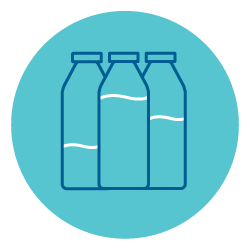
CALCIUM
- 1000 mg per day from the diet — learn how to reach your calcium requirements.
- Increase to 1,300mg for women over 50 and men over 70
- If dietary intake is low, a supplement may be needed
-

VITAMIN D
- Safe levels of sun exposure: a few minutes per day in summer and slightly longer in winter
- Avoid UV index above 3
- If vitamin D deficiency is confirmed by your doctor, a supplement may be needed
-
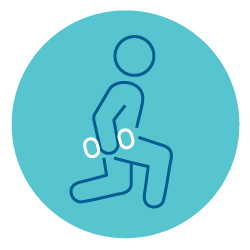
EXERCISE
- Specific mix of weight bearing, resistance training and balance exercises
WHAT IS A BONE DENSITY TEST?
If needed, a bone density test is a simple scan that measures density of the bone, usually at the hip and spine. It is a short and painless investigation, normally available at radiology clinics. It requires a referral from your doctor and the results will indicate if low bone density or osteoporosis are present.
WHAT HAPPENS IF I'M DIAGNOSED WITH OSTEOPOROSIS?
If you are diagnosed with osteoporosis, please discuss with your GP. A referral to a specialist may be needed to review all risk factors, including coeliac disease, and to discuss the best way to manage bone health.
Healthy Bones Australia medical director and rheumatologist, A/Prof Peter Wong, says, “Managing multiple health conditions is very common, especially in adults over 50 years of age. A diagnosis of osteoporosis means your doctor can take action to protect your bone health, which may include medication. The individual can also take action to support general bone health with a focus on calcium, vitamin D and exercise.”
KEY TAKEAWAY:
- Early diagnosis of coeliac disease makes a difference, but even with a late diagnosis you can rebuild bone strength with a strict gluten-free diet.
- A bone density scan, which will require a doctor’s referral, will detect low bone density or osteoporosis.
- Treatment may also include medication and exercise.
BONE HEALTH EXERCISES
Exercise of any kind is encouraged for general health. However, research into the effects of resistance exercise on bone health has demonstrated that when it comes to our bones, specific types of exercise are best:
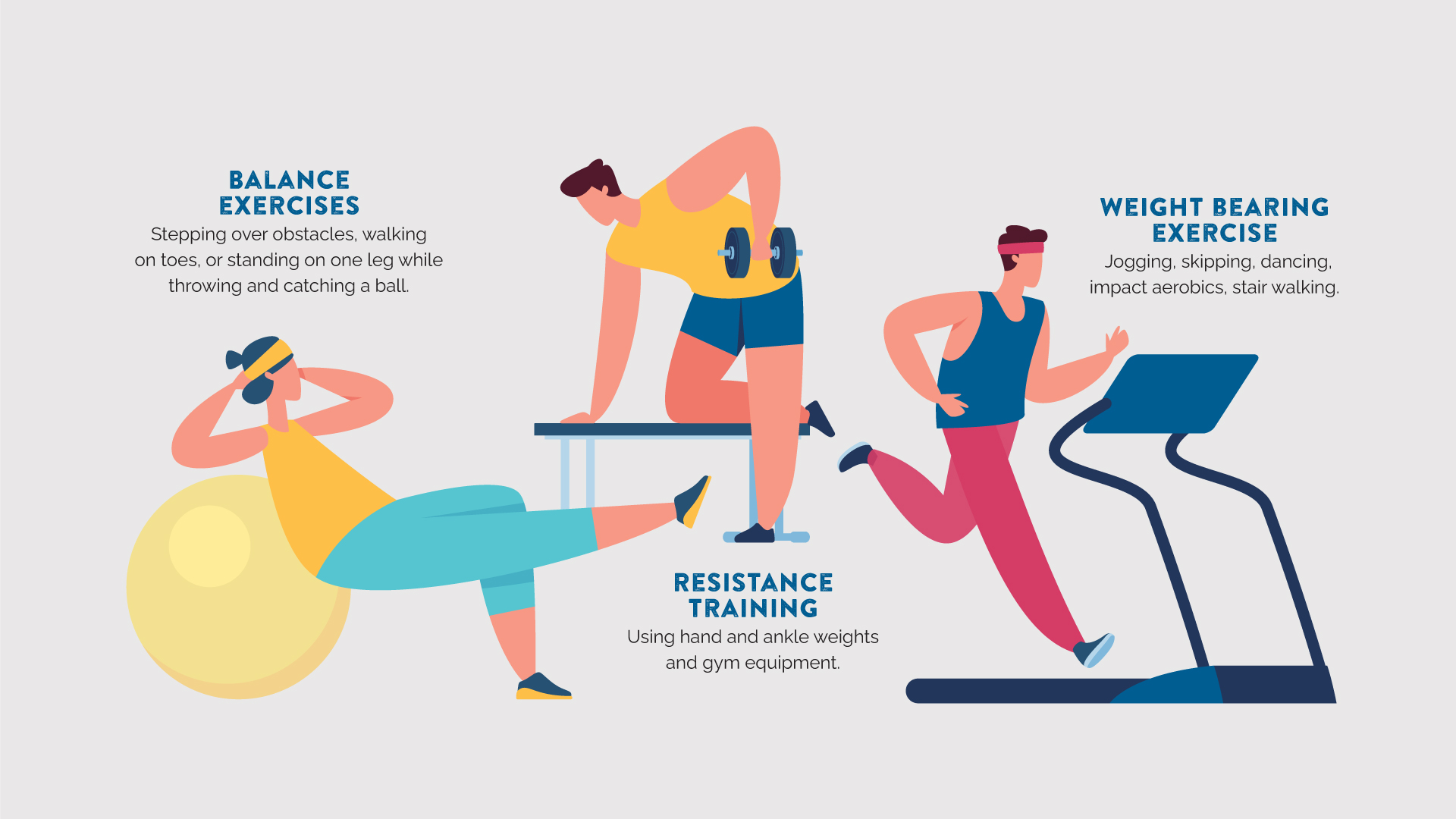
Weight-bearing exercise
Exercise done on your feet (so you bear your own weight) that jolts bones rapidly and firmly such as jogging, skipping, basketball, netball, tennis, dancing, impact aerobics and stair walking.
Resistance training
Using hand and ankle weights and gym equipment such as training with weights.
Balance exercises
Balance and mobility exercises can also help to reduce falls that could lead to fractures, which is particularly important for older adults. Half of all falls occur around the home. Balance exercises typically include:
- Standing still exercises such as standing on one leg, standing tall raising arms, putting one foot in front of the other and hold, or tai chi.
- Moving exercises such as walking in small circles, walking with sudden change of direction, stepping over obstacles, walking on toes, walking with arms raised above the head.
- Dual task exercises such as standing on one leg while throwing and catching a ball.
SUMMARY:
- Bone health is important through all stages in life, but if you have coeliac disease you’re at higher risk of osteoporosis.
- Multiple health conditions need to be managed closely with your doctor, and treatment might involve medication and exercise, in addition to a strict gluten-free diet.
- Weight-bearing exercise is particularly important, along with resistance training and improving balance.
- Exercise should be regular and progress in intensity over time.
READ THIS NEXT
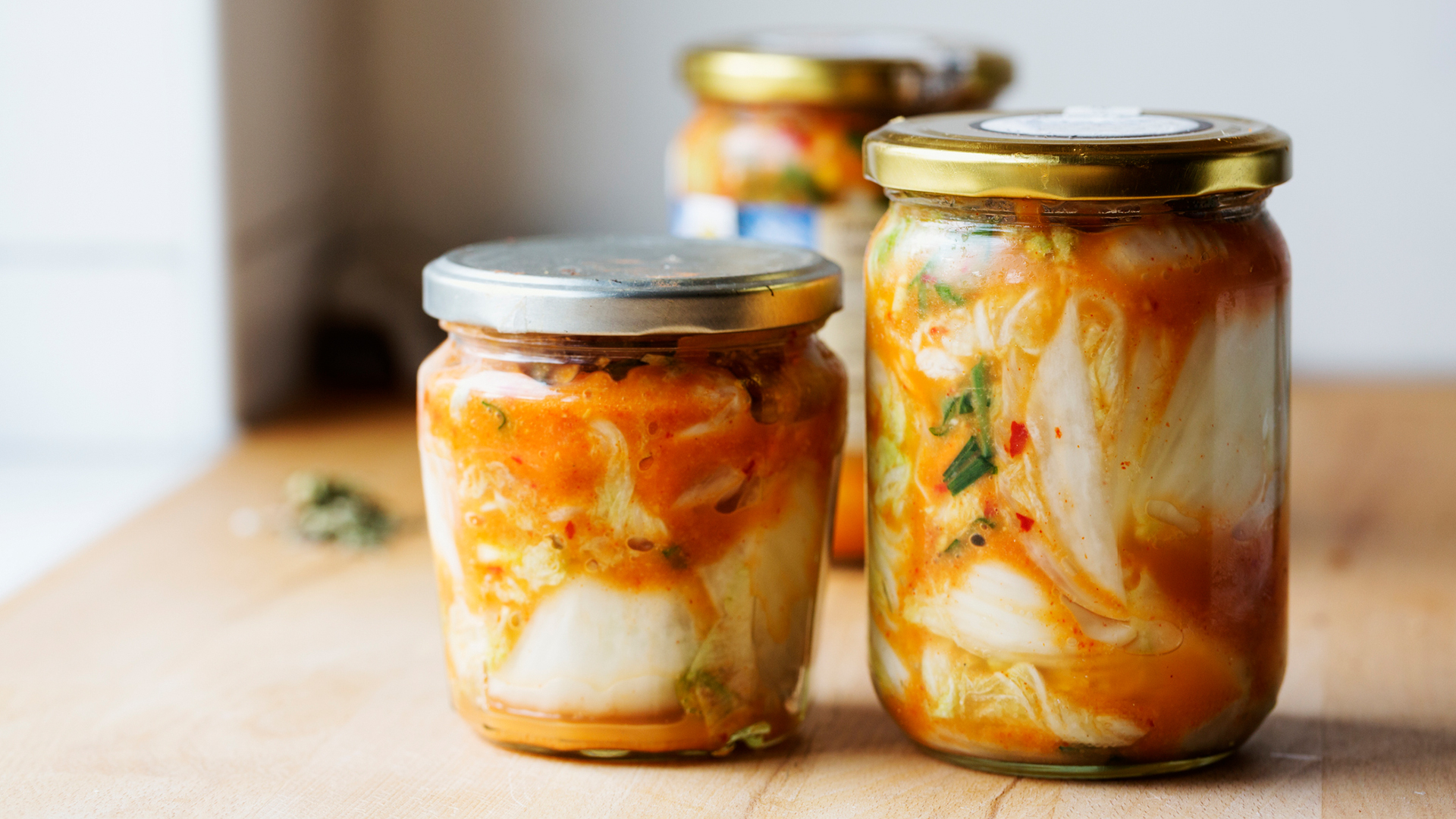
GLUTEN-FREE FOODS FOR GUT HEALTH
Can certain foods improve your gut health when you have coeliac disease? Get into the fascinating world of the human gut and the power of fermented foods.
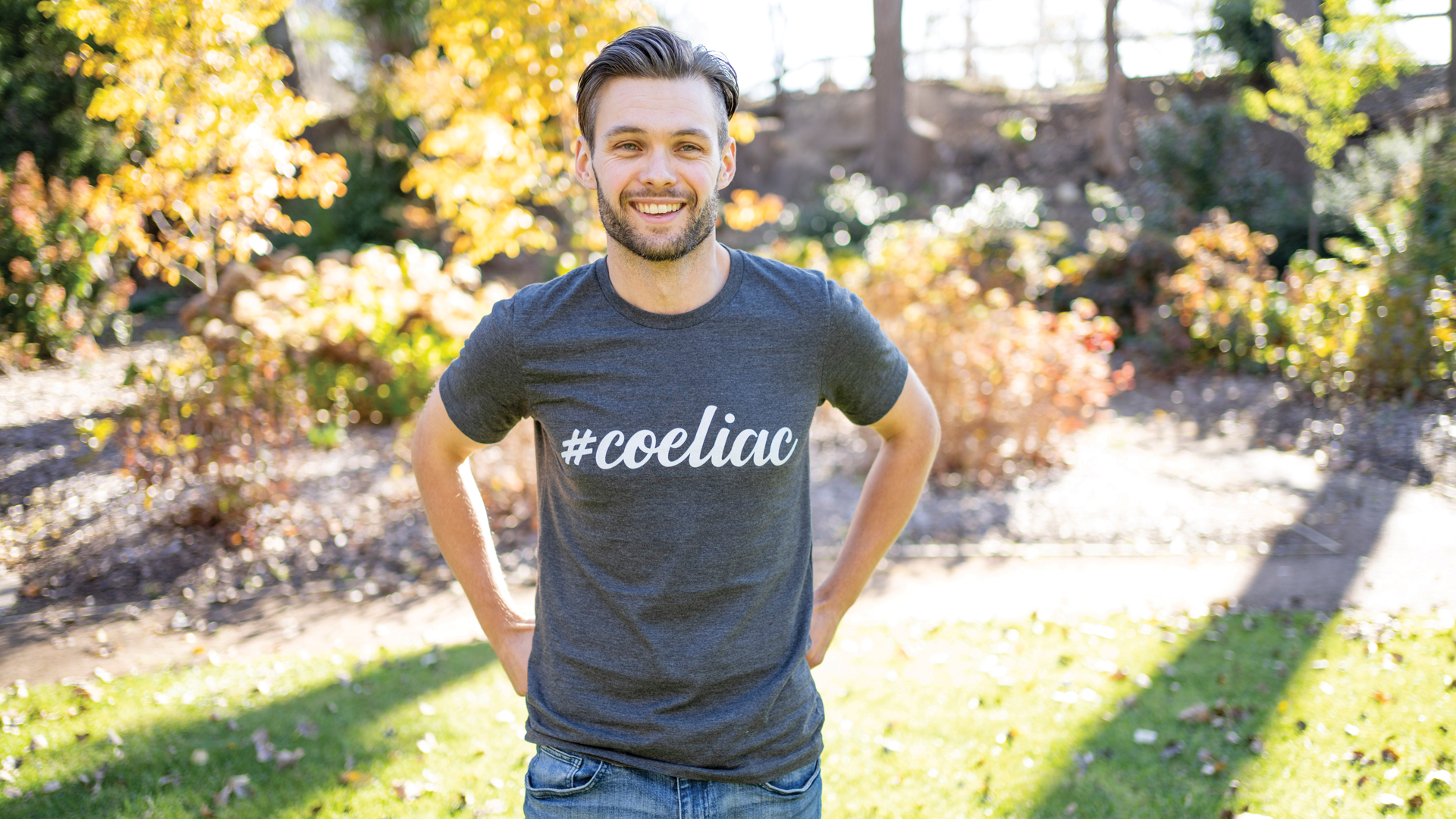
HOW I LEARNED TO LISTEN TO MY GUT
In the first of our coeliac disease stories, podcaster Ben Hampton shares the journey of his coeliac disease diagnosis, the surprise of developing an autoimmune condition despite a healthy lifestyle and the need for men to be proactive in seeking help.
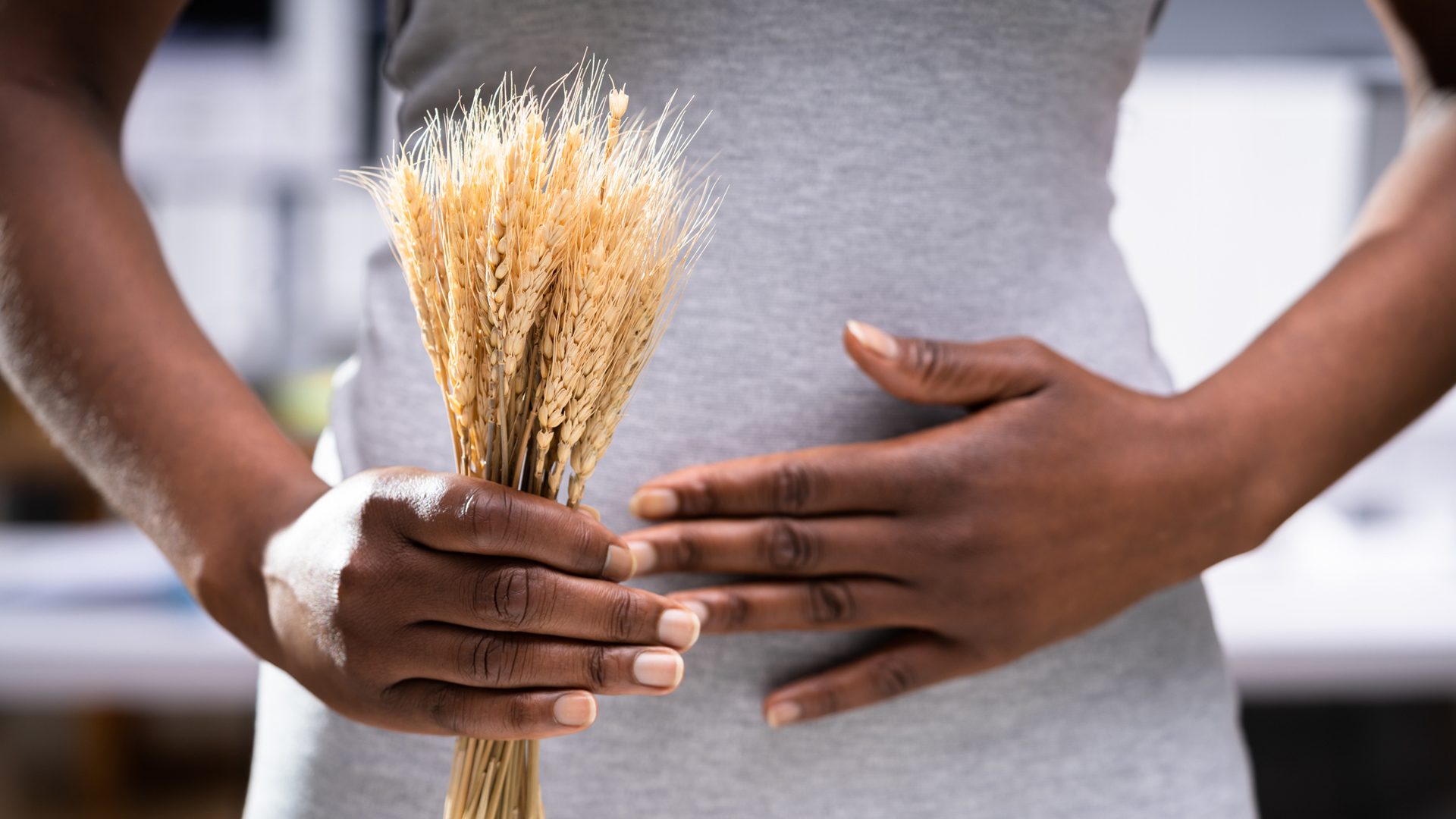
WHAT TO DO IF YOU ACCIDENTALLY EAT GLUTEN
If you have a gluten sensitivity or coeliac disease, you might know straight away after an accidental gluten intake. Here’s how to ease your symptoms.
See more




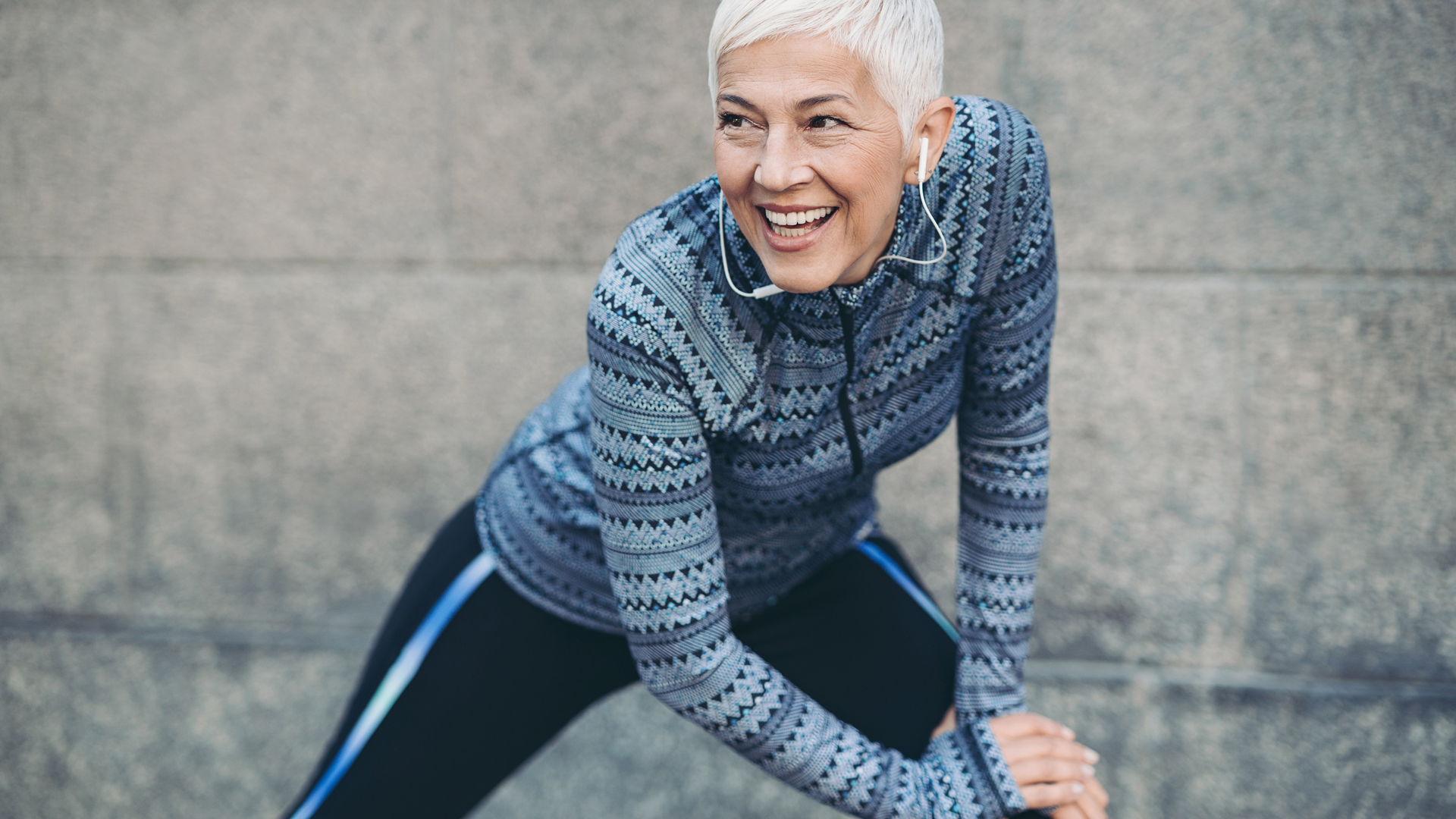




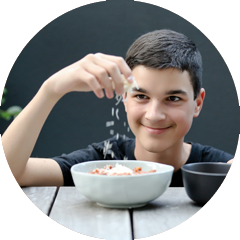
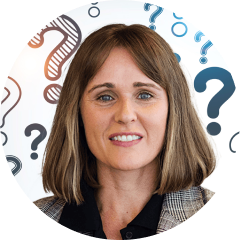
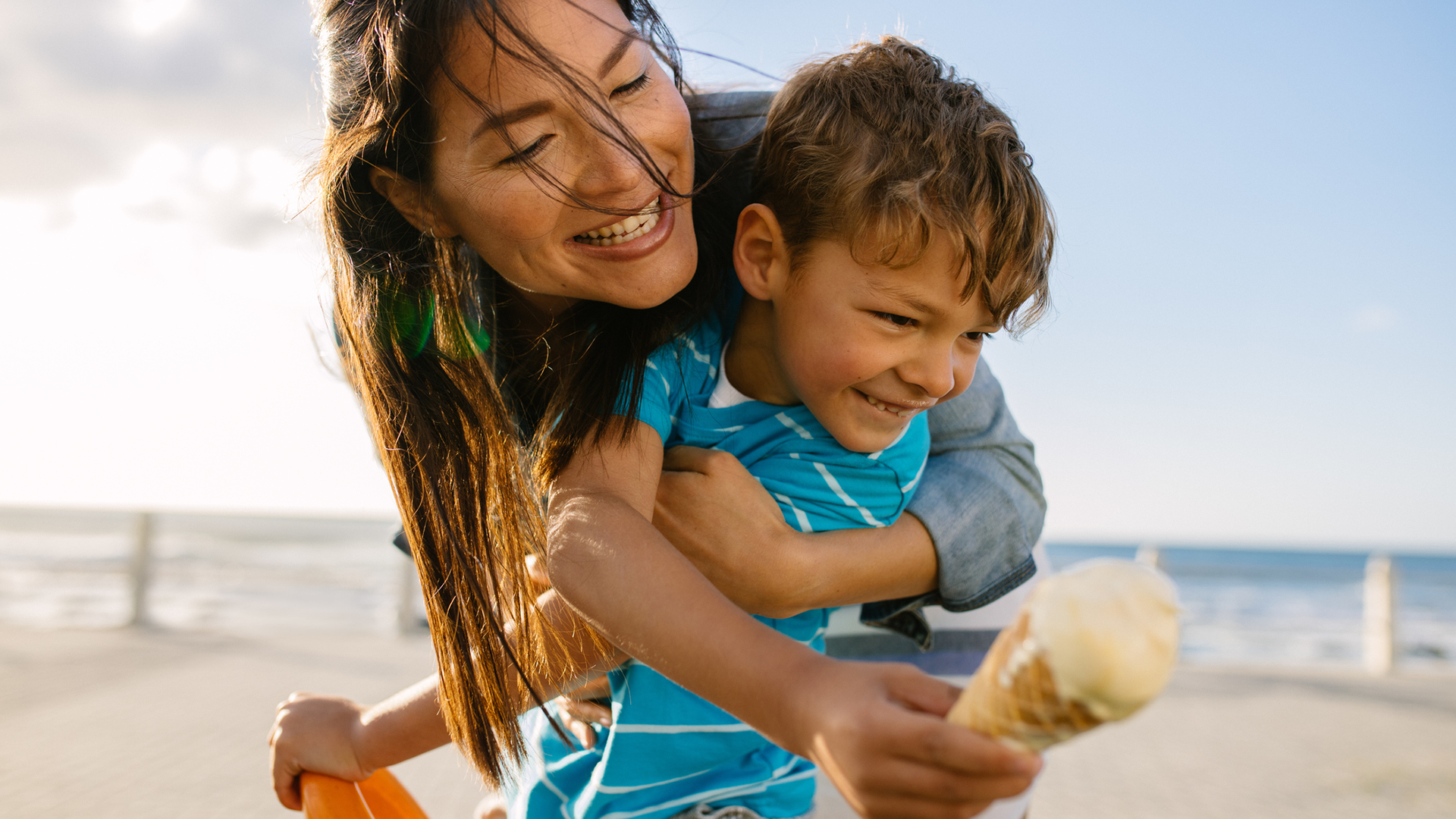


0 Comments